The crucifixion of Jesus is the cornerstone of Christian theology, but in Judaism it is an insignificant incident of the execution of a fraudster. Islam differs yet further from both presentations, claiming that Jesus was not crucified. The crucifixion is, thus, one of the most controversial differences between the three great Abrahamic religions. While it also deals with aspects of the Christian theology of the crucifixion and the Jewish view of Jesus, this book is mainly focused on examining the question of the historicity of the crucifixion.
The book is divided into four parts. The first part analyses the various episodes of the crucifixion in the four Gospels, with reference to Paul’s letters and the Book of Acts. The Gospel narratives are the earliest sources of the crucifixion and the foundations on which the historicity of the crucifixion is based. Yet these accounts of the arrest, trial, crucifixion, and resurrection suffer from serious problems. There are internal discrepancies within each Gospel, contradictions between the different Gospels, and historical fallacies in these narratives.
The second part of the book discusses the common claim that the historicity of the crucifixion is supported by early non-Christian writings. Yet, in addition to the fact that there are less than a handful of them that mention the crucifixion and that they do so only in passing and disinterest, such classical and Jewish sources are dependent on Christian tradition. They do not provide independent testimony to the historicity of the event.
Given that the Gospels are uncorroborated by independent writings and, for other reasons that are also discussed, are unreliable historical sources, there is no reliable information that Jesus was crucified. Even if he was crucified, there is no dependable evidence. The belief in the crucifixion of Jesus is essentially a product of faith. This critical fact is the subject of part three of the book.
Yet the Qur’an’s denial of the crucifixion of Jesus, which is the subject of the fourth part of the book, has consistently been rejected as contradictory to available historical evidence. This common claim is misleading because the basis of the rejection of the Qur’an’s alternative history of the crucifixion is the Gospel narratives. At best, this is a rejection of the claim of one book of faith in favour of another. This detailed study of the Qur’an’s account, which considers classical and contemporary sources, goes even further. It demonstrates that the brief yet consistent narrative in the Qur’an has a stronger claim to history than the detailed yet discrepant narratives of the Gospels.

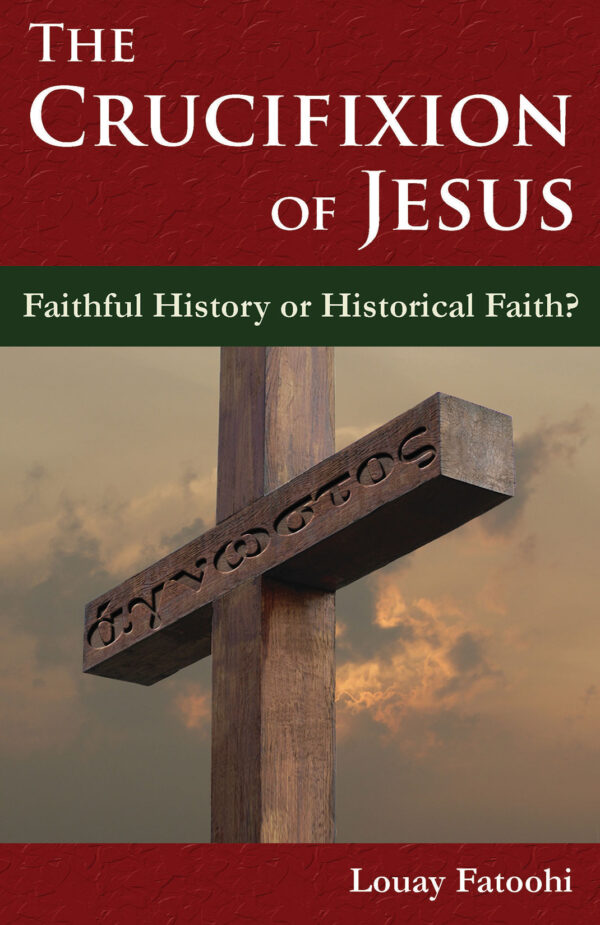
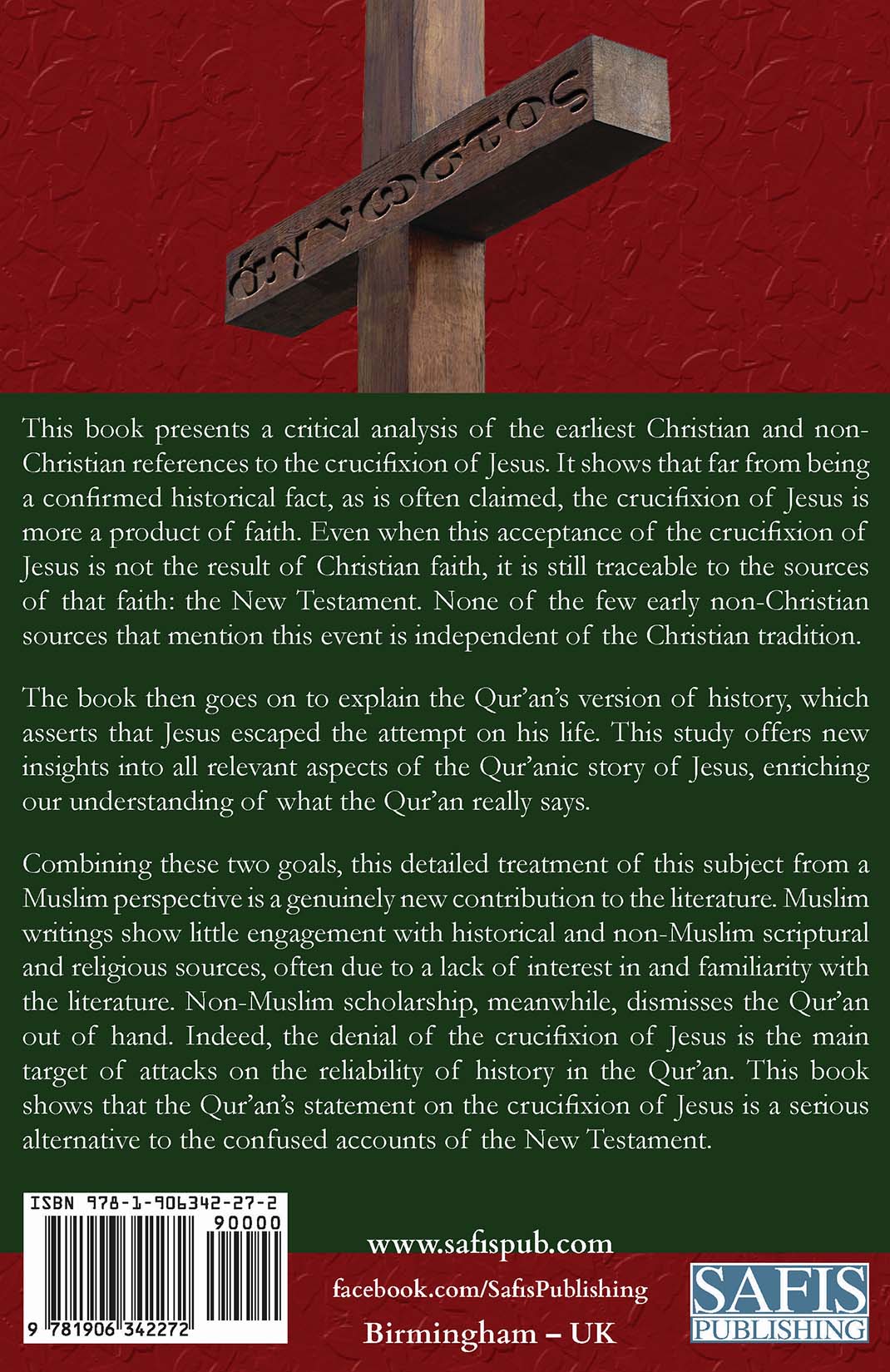
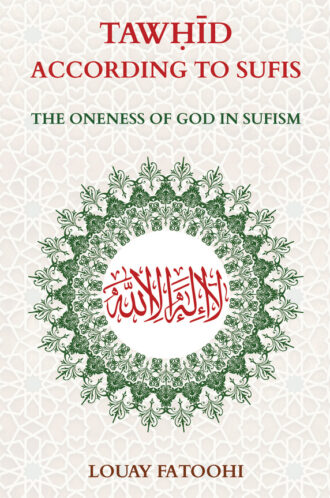
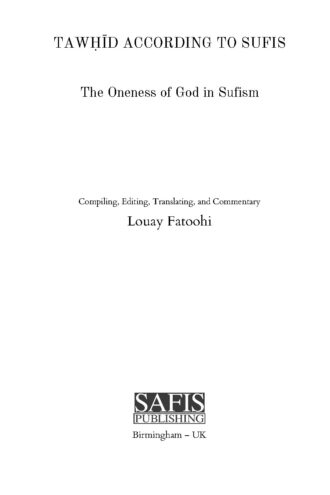
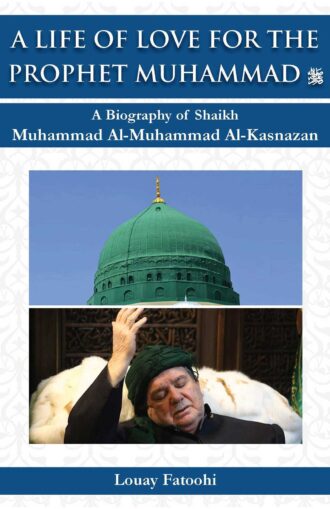
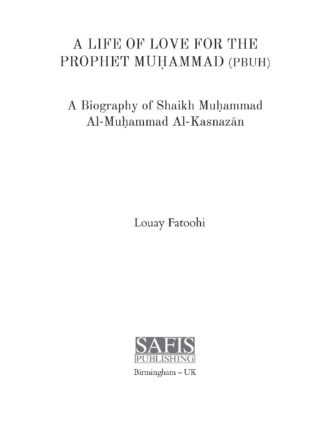
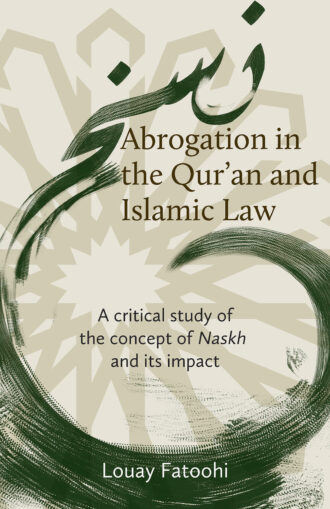
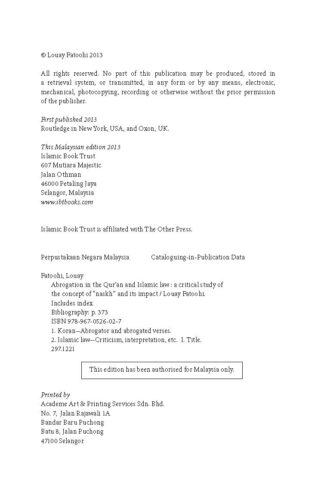
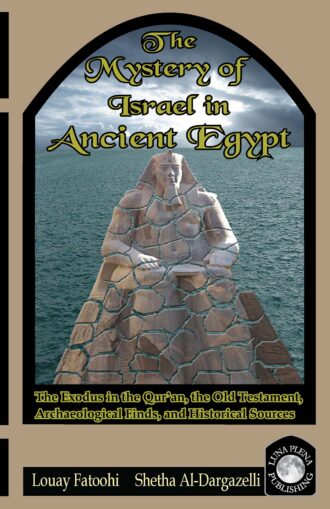
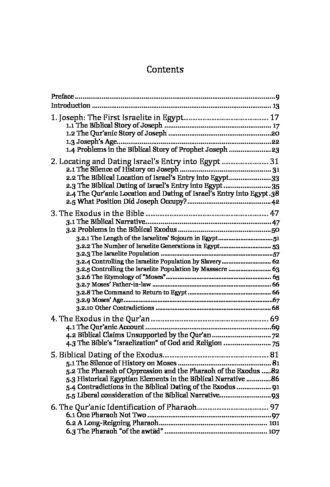
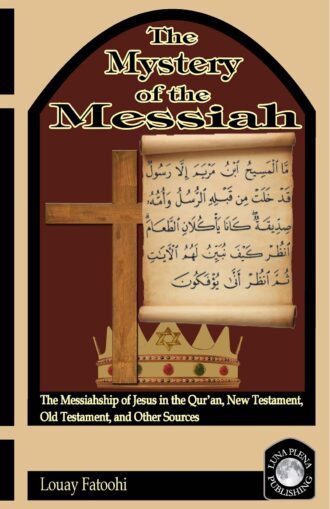
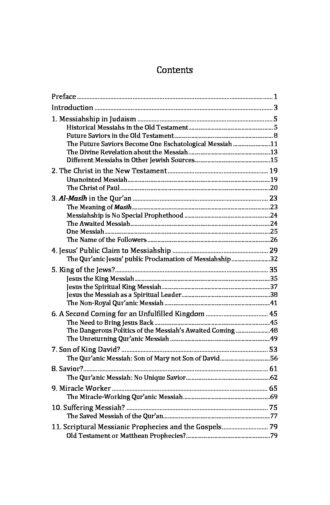
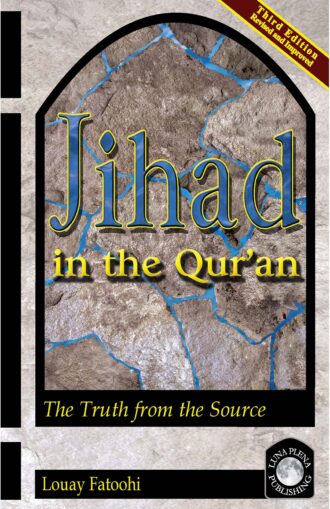
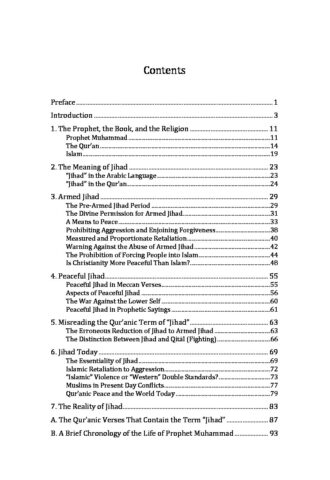
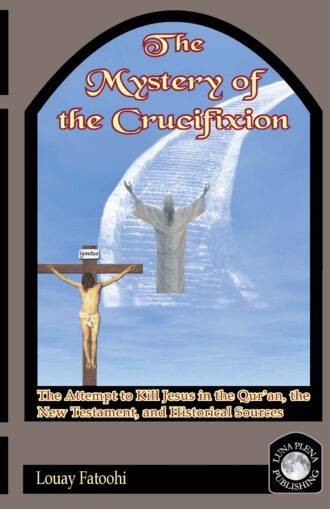
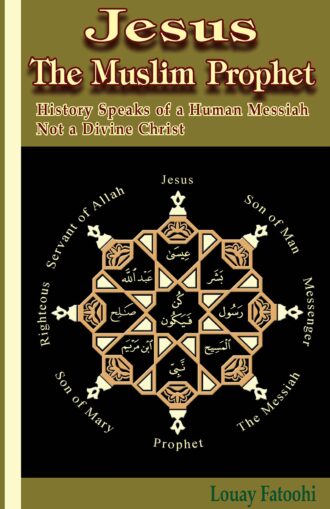
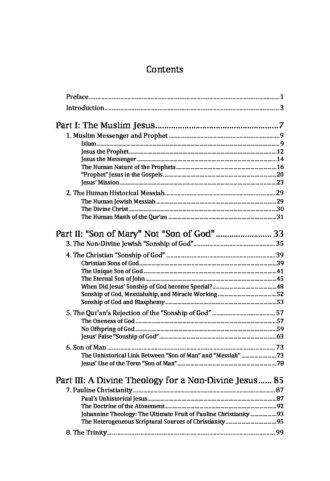
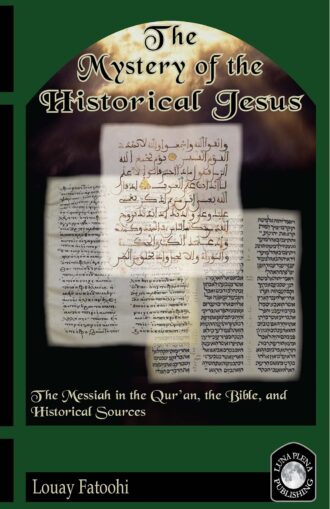
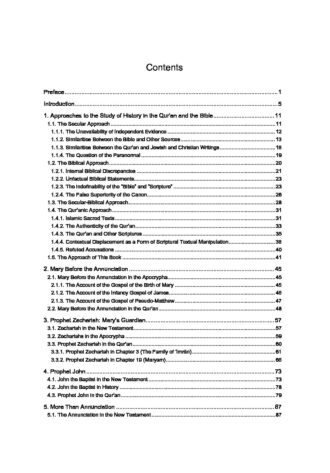
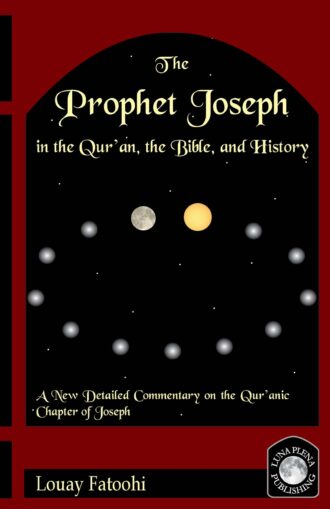
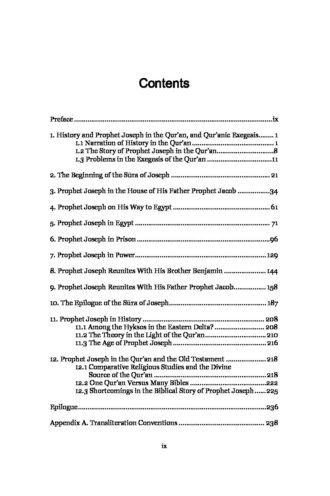
Reviews
There are no reviews yet.